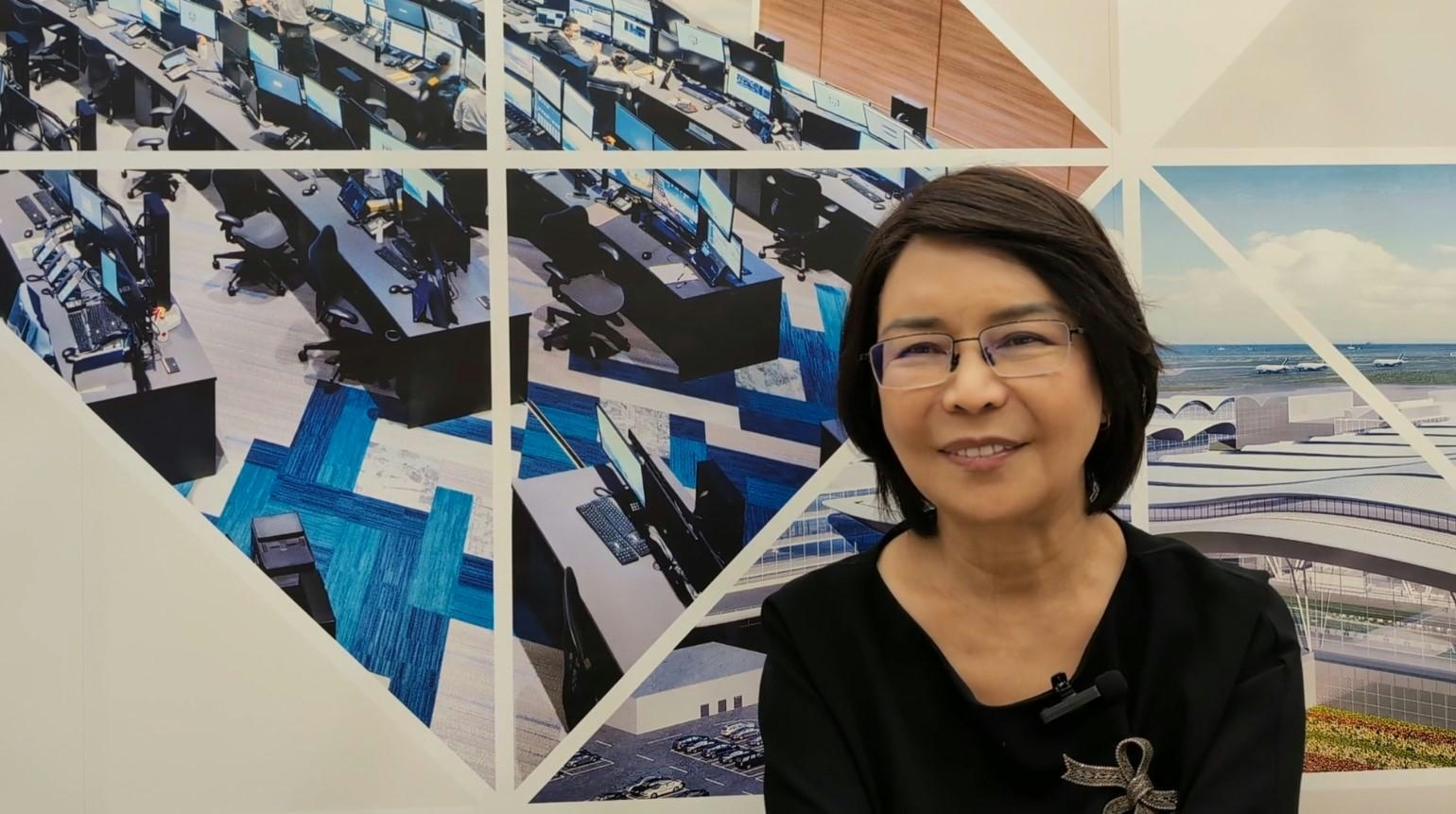AeroGenie — Your Intelligent Copilot.
Trending
Categories
YVR Advances Travel Experience with Digital Twins, AI, and Biometrics

YVR Advances Travel Experience with Digital Twins, AI, and Biometrics
Vancouver International Airport (YVR) is accelerating its digital transformation to enhance passenger experience and operational resilience by deploying advanced technologies such as digital twins, artificial intelligence (AI), and biometrics. Under the leadership of Albert Van Veen, Vice President of Innovation and Chief Information Officer, YVR is pursuing a data-driven strategy designed to streamline airport processes and improve decision-making across its operations.
Leadership Driving Innovation
Albert Van Veen, who joined YVR a year ago after senior roles at FastID and Amsterdam Airport Schiphol, is internationally recognized for his expertise in IT transformation and digital identity. He now spearheads YVR’s efforts to redefine the travel experience by integrating digital identity, biometrics, and AI-powered solutions. These initiatives aim to make travel faster, more efficient, and secure for passengers while enhancing the airport’s operational capabilities.
At the forthcoming FTE Global event in Long Beach, California, Van Veen will present how YVR is leveraging digital twins and AI to revolutionize airport operations. YVR has been a pioneer in deploying an operational digital twin—a virtual replica of airport systems—that optimizes passenger flow and drives innovation beyond traditional aviation boundaries. This digital twin integrates with core platforms such as Maximo, SITA, ADB Safegate, and Genetec, creating a comprehensive end-to-end airport flow solution.
Expanding AI and Industry Collaboration
YVR is also launching an AI Marketplace for aviation, a collaborative platform designed to enable airports of all sizes to access, adopt, and co-develop intelligent solutions. Van Veen emphasizes that the AI Marketplace is intended to support both major hubs and smaller regional airports, fostering industry-wide collaboration and accelerating the adoption of innovative technologies.
A central focus of YVR’s digital strategy is the ongoing integration of AI into its operations. The airport is developing modules that connect predictive analytics and intelligent traffic flow models to its digital twin, enhancing operational efficiency and responsiveness. However, these digital ambitions face challenges. Research from the University of Sharjah points to limitations in current digital twin models regarding the full utilization of renewable energy, which may affect sustainability objectives. Additionally, industry observers such as Skift have expressed skepticism about the broader impact of AI-powered digital twins, particularly in areas like airfares and loyalty programs.
Navigating a Competitive and Evolving Landscape
The competitive landscape in airport technology is rapidly evolving, with other airports and technology providers intensifying their digital and biometric offerings. For instance, Socure recently introduced a Workforce Verification solution aimed at combating employee fraud, reflecting a wider industry trend toward secure, automated identity verification. As biometric technologies advance, the imperative for robust security measures to counter increasingly sophisticated fraud schemes remains critical.
YVR’s commitment to digital innovation positions it at the forefront of the aviation industry’s transformation. Nevertheless, the airport’s journey will require continuous collaboration, adaptation, and vigilance as new challenges and opportunities arise in this dynamic environment.

Emirates Unveils Cabin Design for New Boeing 777X

Eighteen Years On, the Airbus A380 Remains Central to a $34 Billion Airline

How a boom in luxury airline seats is slowing down jet deliveries

Navitaire Outage Attributed to Planned Maintenance

DigiYatra Debuts Outside Aviation at India AI Impact Summit

Vietnam Orders Strengthen Boeing’s Commercial Outlook

Airbus Signals Uncertainty Over Future A400M Orders

JobsOhio Awards $2 Million Grant to Hartzell Propeller for Innovation Center

Collins Aerospace Tests Sidekick Autonomy Software on YFQ-42A for U.S. Air Force CCA Program

How the Airbus A350-1000 Compares to the Boeing 777
